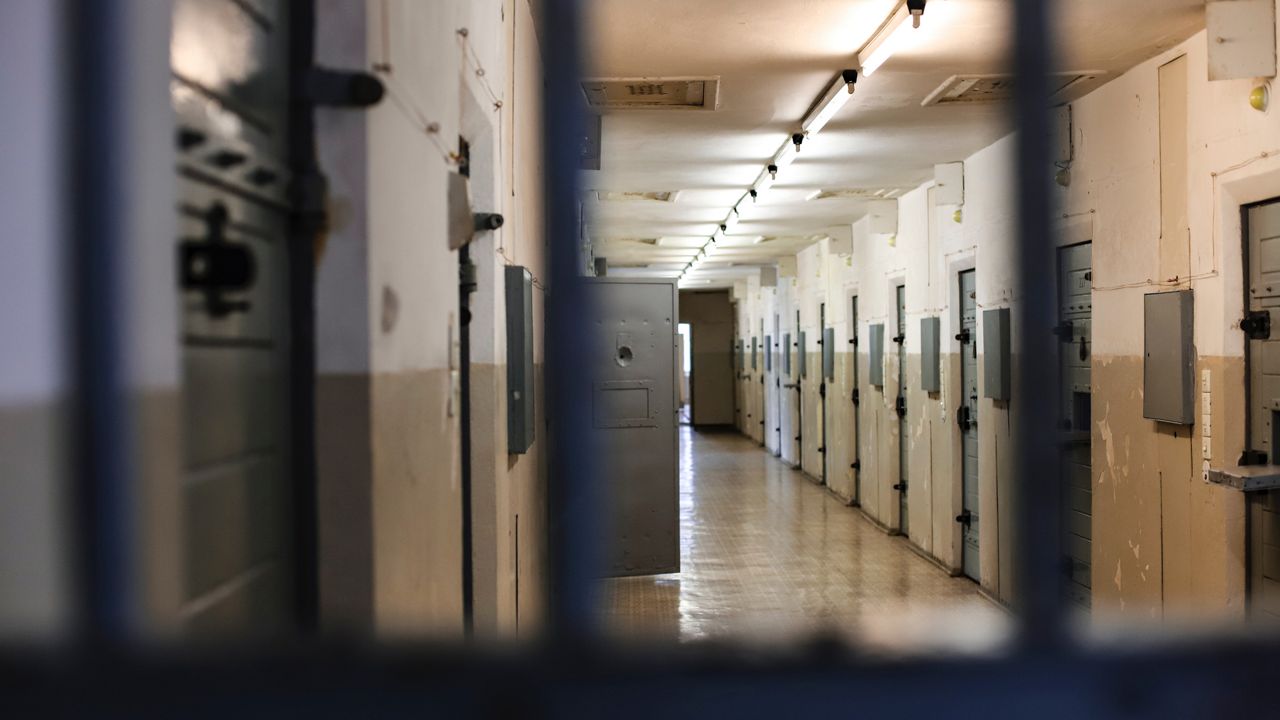COLUMBUS, Ohio — Lately, it seems like the nation has been divided over DEI, or diversity, equity and inclusion. Proponents say these programs lead to more inclusive schools and workplaces by opening up opportunities to marginalized communities, but critics say the practice is discriminatory and not based on merit.
A growing list of corporations is now facing backlash for pulling back on their DEI efforts and following the example set by the Trump Administration’s executive order eliminating DEI from the federal government.
That has one retail chain in the crosshairs of the culture war trading one boycott for another.
“Voting and boycotting, I think they’re one of the smallest things, but mightiest things that you can do,” Lolo Smith said. “Like, withholding your money, withholding your votes. I think that that is super powerful.”
Smith said she tries to divert dollars to where it makes sense and back businesses she says reflect her values.
“We have to start standing our ground, because if we don’t, then we’re going to get lost in this society where we are stuck with supporting people who don’t support us,” she said.
That line of thinking has her now steering her spending away from one of her former favorite stores.
“It’s so hard breaking up with them, cause I used to love Target,” she said.
Right now, people across the country are taking part in a Target Fast through the end of Lent, April 17. The grassroots effort was organized by faith and civil rights leaders with the goal of encouraging 100,000 participants to join in the boycott. According to the group’s website, targetfast.org, organizers have a list of “four demands of Target,” which includes the retailer restoring its commitment to DEI.
Jared Pincin, associate professor of economics for Cedarville University, said he does not believe this movement will have any significant impact on the chain.
“I’m not convinced that the cause is a popular cause because there’s been lots of companies over the last several months, even before the election, that have chosen to unwind or freeze or however you want to put it, some of these DEI initiatives,” he said.
After Target announced it was rolling back its DEI policies in January, the analytics site Placer.ai reports the store’s foot traffic decreased 9% in February 2025 compared to last year. But experts say their experience is not unique, and the entire industry is seeing a similar trend with consumers cautious about our current economic climate.
"The economy had been weakening starting in the fall and so I think that's just sort of catching up to us,” Pincin said.
For Smith, her goal is to be more intentional about where her money is going, something she hopes to continue doing long after Lent. And she is swapping the superstore for bulk buying at Costco.
“They made it very clear that no matter what type of pressure they were getting, they were not changing their mind about supporting DEI initiatives,” she said about the warehouse club.
Meanwhile, Dan “Boots” Longenette drove toward his old shopping spot.
“The problem now, it’s gone over the top,” he said. “Everybody’s offended. And I think the quiet people like me, we’re finally saying, ‘Enough. Tired of it.’”
He walked inside Target for the first time in years to purchase a stuffed animal for his 4-year-old granddaughter. He said he stopped going there when the store started prominently displaying images and products depicting a range of sexual and gender identities.
“I don’t want to hate anybody, and I want everybody to be happy,” he said. “It’s not that I care, it’s just when I typically shop, I have my granddaughter. Someone that would ask a bunch of questions. And I don’t want to be the person to have to explain it.”
On the other side of the political spectrum, the American Family Association launched a conservative boycott of Target in 2016 when the company announced transgender individuals could use the bathroom of their choice. In response, the chain later modified its policy and installed single-occupancy restrooms.
A controversial 2023 in-store display promoting Pride Month merchandise brought additional backlash and led to the retailer scaling back its Pride products the following year.
The American Family Association reports about 1.5 million people signed on to participate during the nine years of their boycott. It ended in February following Target’s DEI rollback.
“We didn’t see a lot of movement with the, you know, the so-called conservative boycott of Target,” Pincin said.
He thinks these boycotts are more of a social media phenomenon.
"Like, I'm not going to go to X, but nobody can follow you around and see if you are going to that particular place,” Pincin said. “But you get to win, you know, claps and brownie points and likes."
Pincin said in the not-so-distant past, most people did not know what, if any, political or social positions corporations supported. He thinks the move by companies to adjust their DEI policies could be a move back toward businesses focusing on business.
“A movement back to again companies just saying, ‘Hey, we're Walmart, we focus on low prices,’" he said.
But at the end of the day, Pincin said companies can’t take customers for granted.
“We say in economics all the time, ‘The consumer is king,’” he said. “Because the consumer is ultimately the one that makes the decision and you can't force them to shop at your place.”
Analysts expect first quarter reports to be the first sign of whether the Target Fast is having a financial impact on the retailer, but company leaders have already hinted at soft sales for the period based on the looming threat of tariffs and other economic impacts.











